CBS professor: Dystopic fiction helps us tackle the despair of coronavirus
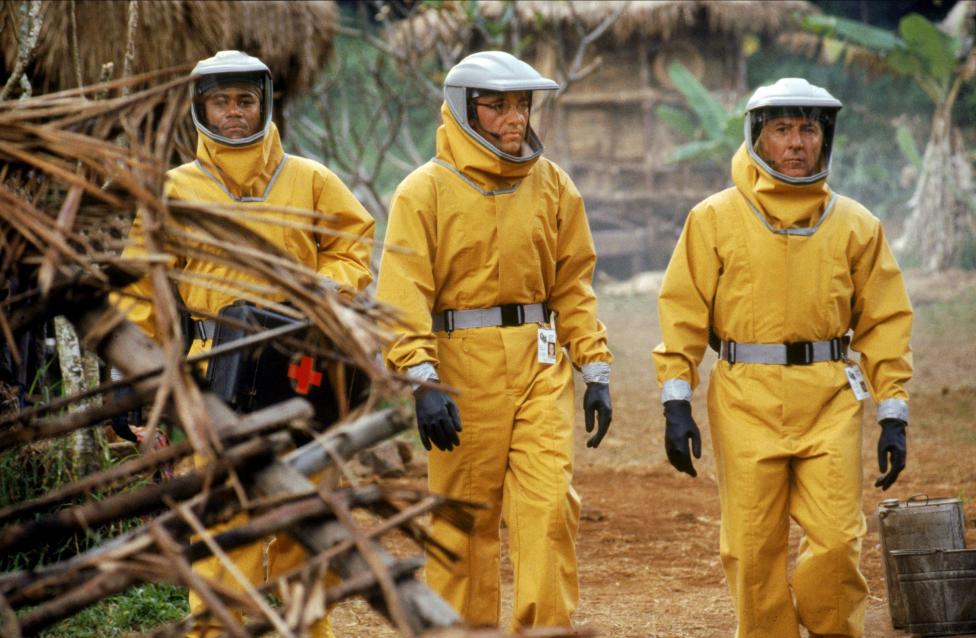
(Photo: the film Outbreak 1995. Warner Bros)
TV series, books and movies about fictive pandemics can help us grasp the incomprehensible when reality exceeds fiction, says a CBS professor. And with the COVID-19 outbreak, we have plenty of time for entertainment now that our operating manual for the world is missing a central chapter.
Since CBS officially closed all its campuses after Denmark’s Prime Minister, Mette Frederiksen, locked down all universities, schools, museums and bars on the evening of March 11, all staff members and students have been working and studying from home.
And while everyone is hunkered down for what could be a long wait, we can suddenly fit many new, and old, hobbies into our empty schedules. We are pickling cucumbers, painting our living rooms and finally learning how to play the guitar that has been collecting dust in the corner.
But we also have time for reading books and watching TV series and movies about fictitious dystopic pandemics – and that is exactly what many of us are doing, according to various news media.
A few days ago, The Guardian reported how streaming figures for the movies Contagion and Outbreak are currently booming. And although some may think watching such movies could make us feel worse, fictive narratives about viruses can actually help us grasp the new reality we are facing with the coronavirus, according to Christian De Cock, Professor at the Department of Organization at CBS.
Together with two researchers from Australia, Daniel Nyberg and Chris Wright, he has carefully studied the works of Margaret Atwood, Svetlana Alexievich and many more. The researchers have reviewed fictive narrative concepts that can help us cope with a world that may alter considerably in the future due to climate changes.

And at the moment, along with a team of other contributors from CBS, Christian De Cock is working on an anthology that also deals with narrative fiction and catastrophes, particularly in relation to the dystopic novel ‘2666’ by Roberto Bolaño.
Living in two worlds
“The news ran through the university like a terrified, fleet-footed animal. And when I heard the news it left me shrunken and shivering, but also amazed, because although it was bad news, without a doubt, the worst, it was also, in a way, exhilarating, as if reality were whispering in your ear: I can still do great things; I can still take you by surprise, you silly girl, you and everyone else…”
These are the words of the Chilean author Roberto Bolaño in his novel ‘Amulet’. And some of Roberto Bolaño’s works are the precise starting point for Christian De Cock’s current research concerning narrative fiction’s role in relation to catastrophes in the real world.
And in his opinion, in many ways the above quote sums up what he believes narrative fiction can offer us when the world suddenly turns upside down, as is the case right now.
“When a catastrophe like the coronavirus hits us, it’s bad news – we shudder and feel scared. But on another level, we are fascinated that the world can take us by surprise,” says Christian De Cock and continues:
“We suddenly become aware that the world is much bigger than we thought it was. In narrative fiction like Roberto Bolaño’s novel, the world expands into unfamiliar territory, and I think that’s why we consume these stories – because they help us grasp and make sense of our new reality,” he says.

(Illustration: giphy.com)
In other words, when a crisis like COVID-19 strikes, our everyday perception of the world is suddenly torn apart. This makes us search for a frame of reference for understanding our new world. And that framework can consist of fictive books, movies or TV series.
“We’re kind of living in two worlds: the ‘normal’ one that we’re used to, and the altered state of reality playing out one step ahead of us. We need narrative fiction stories like the movies Contagion or Outbreak to help us catch up, hold everything together and make sense of it all,” Christian De Cock says.
Caught up in a wider drama
So, while curled up on the sofa at home these days, sheltering from the danger of contamination outside, watching movies or reading books about fictive pandemics, we are not trying to escape from the uncomfortable reality of COVID-19 by binging on entertainment. In Christian De Cock’s perception, we are actually searching for meaning.
The question is, are we also seeking comfort from the fear of getting infected. According to Christian De Cock the answer is both yes and no.
“I don’t think it’s comforting in the sense of escapism. However, I guess it’s comforting for some in the sense that we become aware that other humans in other times and other places have overcome similar challenges successfully,” he says and adds:
“Because that’s what you have in novels and films – by and large we follow individuals who are caught up in a wider drama. And that’s where we find ourselves right now.”
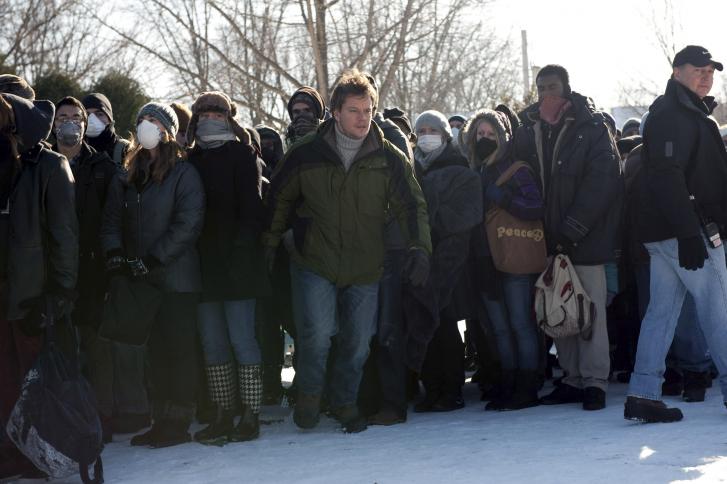
(Photo from the film: ’Contagion’ af Steven Soderbergh (2011) )
Instead of using the word “comfort” Christian De Cock would rather express it in another way:
“Perhaps when we consume narrative fiction about virus outbreaks, it allows us to make sense of our position in the current scenario and suggests the way ahead. It’s a matter of finding ourselves in this new reality, and whether that’s comforting or not is very individual,” he says.
“Either we can sink into depression or we can read”
We would all like to wake up to find that coronavirus is just a bad dream, but unfortunately the pandemic is not fiction. And everyone must address it responsibly.
If you ask Christian De Cock, one excellent way to handle this strange situation as it develops rapidly minute by minute is to watch or read some dystopic narrative fiction.
“Well, we all have to go into isolation anyway, so why not just watch some great movies and read some books while we have the time?” he asks.
“But more seriously, in normal life, it’s so difficult to find time to enjoy a good book. And either we can all sink into depression or instead accept the gift of having more time to read a great novel that might help us make sense of it all,” he says.
And Christian De Cock himself is well under way with consuming a lot of narrative fiction.
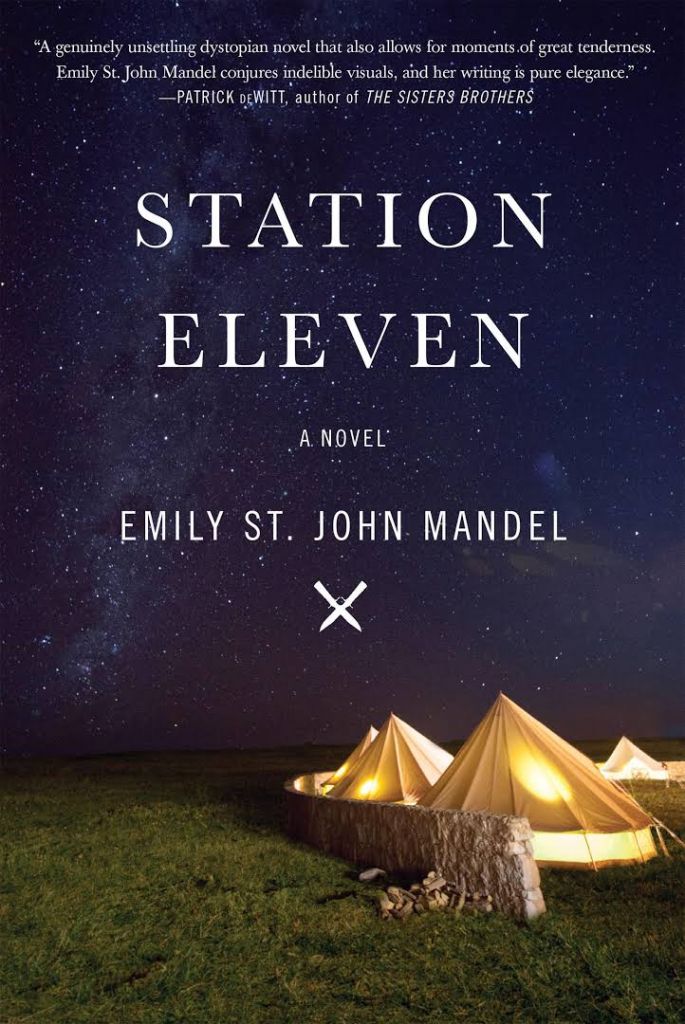
“I have just finished reading Olga Tokarczuk’s novel ‘Flights’, which is about both venturing forth into world, and enquiring about the human condition. The first we can’t do at the moment, the second we can now make time to ponder on perhaps!” he says and continues:
“And then I will begin reading Emily St. John Mandel’s novel ‘Station 11’, which is set in a post-apocalyptic world where a version of swine flu has wiped out a large part of the population. So I’m looking forward to using that book to cope with the situation in the real world,” he says, ending on an optimistic note.



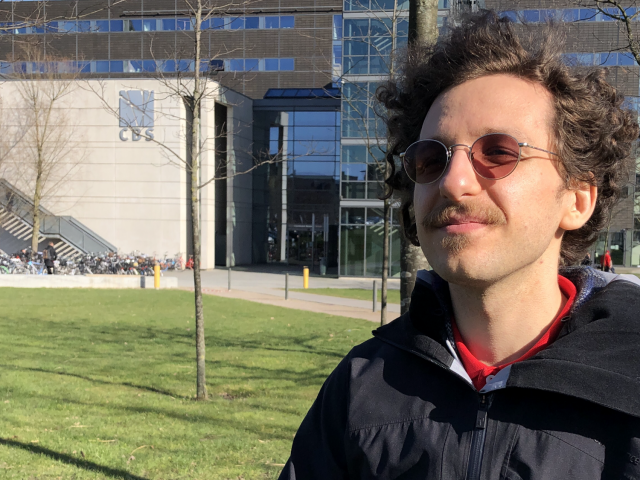
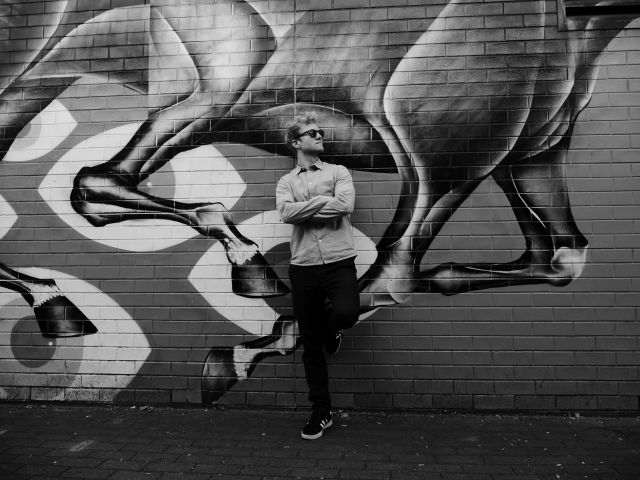


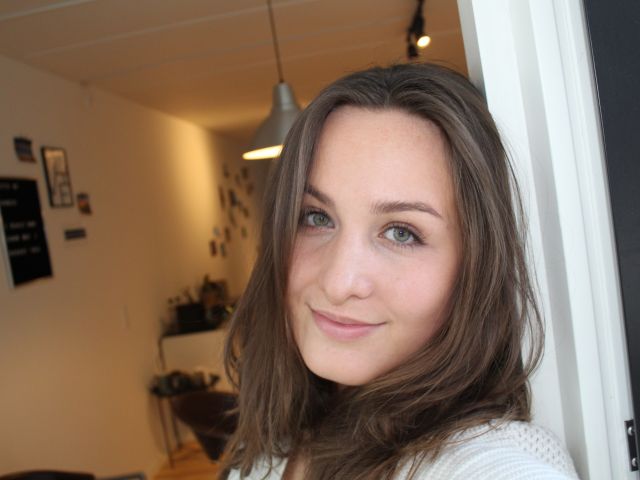



























































































































Comments